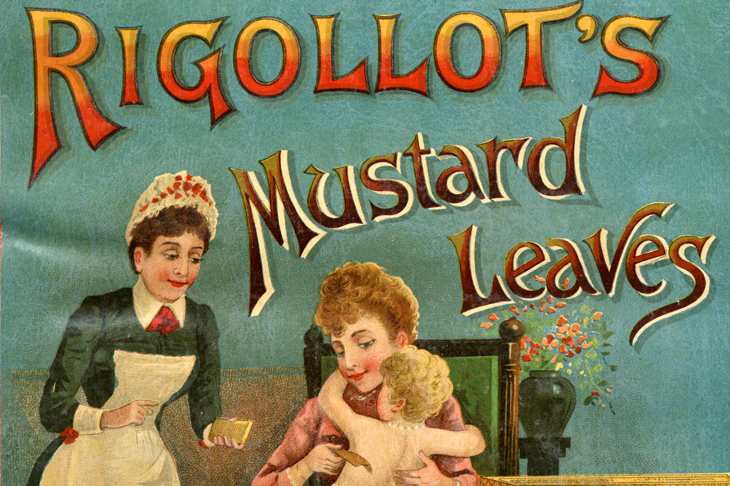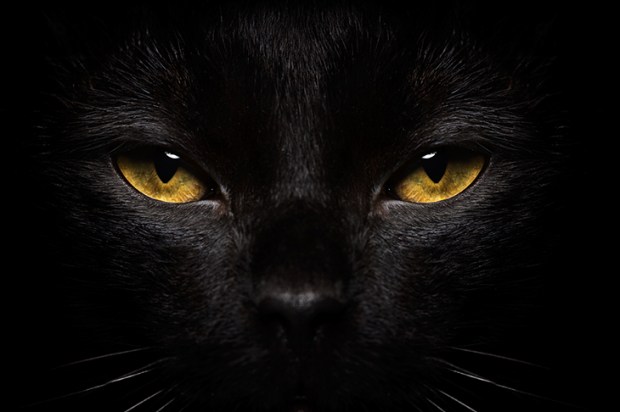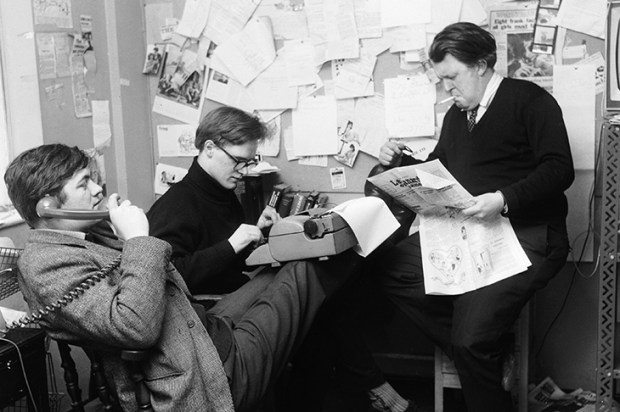A few months ago I had possibly the best massage I’ve ever had. My masseuse, Anouschka, had learned her skills in a remote village in Thailand where she’d lived for a year in a mosquito-infested hut with the local medicine woman. I asked how she’d survived the mozzies. Anouschka explained that she’d just done what the villagers do: eaten a diet heavy in chilli and garlic which seeps through your pores in the night and stops you getting bitten.
Whenever she travels to exotic climes, she seeks out the nearest cow and drinks its raw milk. This, she explains, is the perfect prophylactic against the local stomach bugs. I can’t remember what she does about malaria, but it certainly doesn’t involve taking anything pharmaceutical like Malarone or Lariam. Maybe she’s been lucky, but she has never developed a fever — nor has the son who accompanied her on her hippyish jaunts.
Now some of you reading this are going to loathe lovely Anouschka and everything she represents. I know this because I’ve seen over the years the vitriol and opprobrium that is directed towards alternative medicine, be it herbal or homeopathic. I find the vehemence of the outrage quite bizarre. Surely if people want to self-treat off the grid, as it were, that should be their problem and nobody else’s. But no, advocates of conventional — ‘allopathic’ — medicine often seem to feel very, very strongly that theirs should be the only option on the table, and that those who reject it ought to be anathematised as science–denying cranks and loons.
I’m very much on Anouschka’s side. I don’t deny that Big Pharma has its place: after my pulmonary embolism, for example, I followed my GP’s prescription rather than shopping around on the internet for alternative blood-thinning remedies. But I also believe the conventional medicine industry has got much too big for its boots; that, like some monotheistic religion determined to stamp its authority on the land, it has been too ruthless and too intolerant towards the older pagan gods that worked their magic in times of yore.
Sure, penicillin can be mightily effective; but so too, I believe, can echinacea, arnica, milk thistle and all the other multifarious folk remedies now clogging my fridge and the shelves in my kitchen.
Why do I dose myself with all this hippy shit? Because I’m of the view that hippy shit works. When you have, as I do, a hard-to-cure chronic illness (Lyme disease), you stop worrying about what the experts say or how others might judge you. You take whatever damn thing seems to do the trick, even if it means gulping slugs of green stuff that tastes like dog’s vomit flavoured with rotten crab, followed by a draught of wet grainy sludge that clings to your throat and sticks to your teeth and feels like grit liquidised with frogspawn.
The green stuff is a type of powdered seaweed called chlorella and gets rid — I think — of heavy metals, as does another weird thing I take, zeolite — basically powdered magnetic clay — which tastes exactly as you’d expect watery clay to taste and becomes oddly addictive. The sludge is what psyllium husks become when you add them to water: they’re another toxin-cleansing agent. Then there’s the EPA fish oil I take twice a day; and my 5HTP, which is a form of natural anti-depressant extracted from griffonia; and so on and on — all of it from health food shops, none of it on prescription from the chemist.
But I can’t be the only one, because I note that even in my fairly crappy local town there are now at least three shops doing good business out of herbal medicines and supplements. It’s as if we’ve rejected the 20th and 21st centuries and gone back to the era of the apothecary — Holland & Barrett being the chain store version — in which rival alchemists, mountebanks and snake oil salesmen offer their competing miracle cures to a gullible, profligate public and demonstrate the marvellous magic of placebo.
That’s me playing devil’s advocate. I personally think these natural remedies work on a much deeper level than the merely psychosomatic. But we’re probably never going to be allowed to prove this. The bar for clinical trials has been set so high by the medical and political establishment, in cahoots with Big Pharma, that any remedy that hasn’t been trademarked and isn’t potentially going to make a fortune for the drugs companies is never going to get official recognition as a valid treatment.
When you go into Holland & Barrett, say, you really need a friendly druid with you to explain which of the serried seeds and extracts and tinctures is supposed to offer which particular benefit. The labels can’t actually tell you, because it’s illegal to make ‘unproven’ claims about these alternative remedies’ healing properties. Defenders of the status quo will insist that this is to protect the public from quack cures. Yeah, right. It’s there because Big Pharma pays an awful lot of lobbying money to protect its own interests.
Caveat emptor: that’s the only rule that should apply to alternative remedies, because it respects free trade, personal responsibility and the customer’s intelligence. Where something as sensitive and important as their own health is concerned, I believe that people should be granted absolute autonomy — not bullied by the regulatory system into thinking there’s only one sensible way to go.
We worry (or rather the nanny state worries) far too much about the possibility that someone might make the wrong health decision. What we don’t value nearly enough is the wisdom of crowds — especially now we have the internet — to enable people to find the most effective cure available at any given time. For more details, watch that excellent film Dallas Buyers Club.
Got something to add? Join the discussion and comment below.
Get 10 issues for just $10
Subscribe to The Spectator Australia today for the next 10 magazine issues, plus full online access, for just $10.
You might disagree with half of it, but you’ll enjoy reading all of it. Try your first month for free, then just $2 a week for the remainder of your first year.















Comments
Don't miss out
Join the conversation with other Spectator Australia readers. Subscribe to leave a comment.
SUBSCRIBEAlready a subscriber? Log in